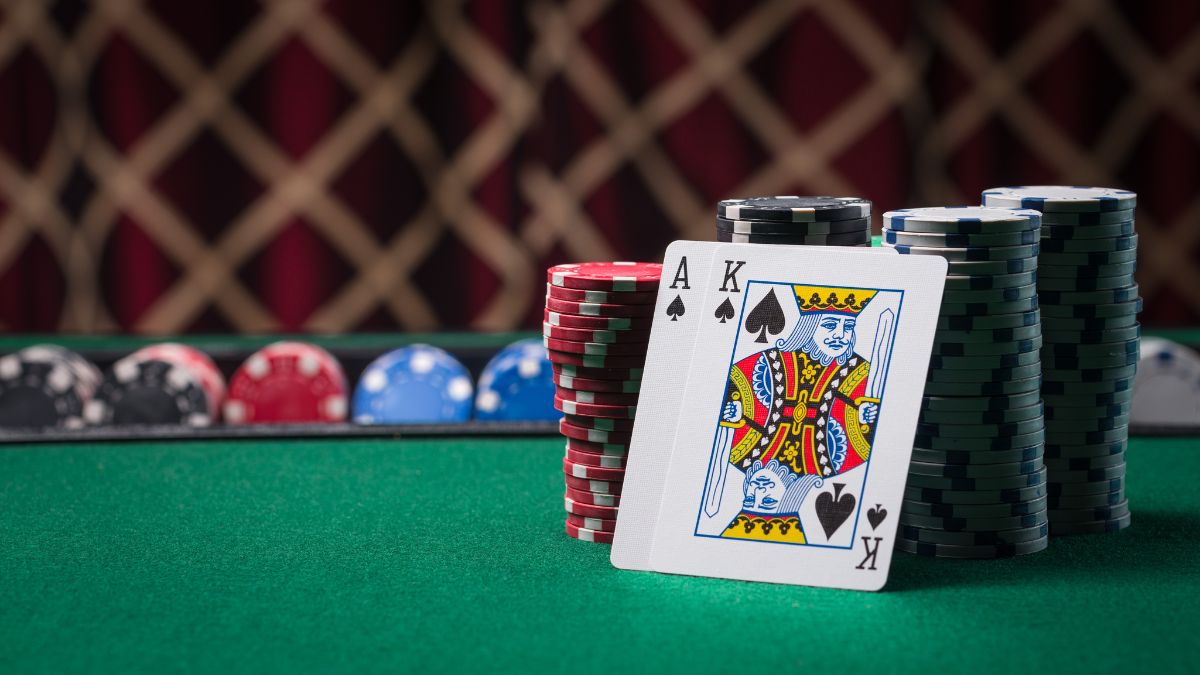When most people think of poker, they imagine luck, late nights, and high-stakes bluffs. What often gets overlooked is the mental preparation behind elite play. Just as athletes train their bodies, poker professionals train their minds to handle stress, sustain focus, and make sharp decisions under pressure.
The demands are intense. Sessions can stretch beyond 12 hours, fortunes swing on a single hand, and players must process incomplete information while managing opponents’ psychology. To stay sharp, the world’s best develop structured mental routines that rival those of Olympic athletes.
This article explores the core techniques pros use—and how they translate beyond the felt into business, negotiations, and other high-pressure environments.
The Stamina Challenge Most People Overlook
Poker doesn’t look physical, but the endurance requirements are real. Mental fatigue sets in long before physical exhaustion, and tired players bleed money through mistakes.
Top pros treat their focus like a muscle. They:
- Train concentration spans with progressively longer sessions.
- Time nutrition carefully to keep blood sugar stable during play.
- Work with sleep specialists to optimize rest between marathon tournament days.
- Balance hydration—too little drains cognition, too much means missing crucial hands.
This endurance training ensures they can maintain decision quality even at hour twelve of a session.
Emotional Regulation Under Extreme Pressure
Few professions demand composure like poker. Watching a massive pot slip away to an opponent’s lucky card could derail anyone’s mindset—but pros prepare for this.
Their toolkit often includes:
- Breathing routines to reset between hands.
- Visualization of worst-case scenarios so real losses sting less.
- Meditation to spot emotions rising before they cloud judgment.
- Muscle relaxation to release the tension of long, stressful sessions.
Many players also work with sports psychologists to reinforce resilience. Staying calm after a brutal beat isn’t just mental toughness—it’s a trained response.
Pattern Recognition and Information Processing
Success at the tables hinges on how quickly players process massive streams of data.
- Memory training sharpens recall of betting patterns and opponent tendencies.
- Attention-splitting allows simultaneous tracking of pot odds, stack sizes, and player behavior.
- Probability drills make quick odds calculations second nature.
- Body-language study reveals unconscious tells that influence split-second decisions.
Over time, this work builds instinctive recognition. What looks like “gut feeling” to casual players is actually trained pattern processing.
Bankroll Psychology and Risk Management
Poker also tests a player’s relationship with money. Handling six-figure swings requires a mindset separate from everyday finances.
Professionals train themselves to:
- View chips as tools, not cash, reducing emotional attachment.
- Calibrate risk tolerance to avoid panic-driven mistakes.
- Accept variance—the statistical ups and downs that even perfect play can’t prevent.
- Focus goals on decision quality, not just short-term wins.
By reframing money and risk, players protect their decision-making from the emotional rollercoaster of variance.
The Business Side of Mental Performance
Beyond the cards, poker professionals are also entrepreneurs. They manage schedules, branding, taxes, and investments like small businesses. Mental discipline here is just as important.
A key part of this business mindset is maximizing resources. Many players study how promotional structures work to extend bankroll life. Using a WPT global bonus code, for example, can offer extra value when starting fresh or rebuilding. Sites like bonuscode.poker break down these opportunities, helping players approach them strategically—without losing sight of the bigger picture: consistency and discipline at the tables.
Time management, networking, and even marketing also play roles. In today’s poker economy, being a pro means balancing sharp gameplay with smart business operations.
Technology and Performance Enhancement
Modern pros lean on software and data to sharpen their edge. Hand databases reveal leaks in strategy, simulations compress years of outcomes into study sessions, and biometric trackers highlight stress patterns in real time.
Some even experiment with virtual reality setups that replicate tournament conditions—training focus under pressure before real money is on the line.
Beyond the Felt: Life Applications
Perhaps the most remarkable thing about poker’s mental training is how transferable it is. The same techniques pros use to manage stress, read situations, and weigh risk apply in:
- Business negotiations, where composure and pattern recognition matter.
- Investing, where variance and risk tolerance determine long-term success.
- Career management, where decision-making under uncertainty shapes outcomes.
The discipline, resilience, and clarity forged at the tables become life skills with value far beyond poker.
Recovery and Restoration
Mental fatigue lingers if not managed. Elite players build recovery protocols, such as:
- Session debriefs to analyze mistakes and reframe setbacks as learning.
- Stress-relief hobbies that activate different parts of the brain.
- Social connection to offset the isolation of long competition stretches.
- Physical exercise improves blood flow, lowers stress hormones, and maintains overall resilience.
Recovery isn’t optional—it’s what keeps performance sustainable across grueling tournament schedules.
Conclusion
Poker is far more than cards and chips—it’s a mental sport demanding preparation, resilience, and strategy. From building concentration stamina to mastering emotional regulation, pros cultivate habits that keep them sharp under extreme pressure. Add in recovery routines, technology tools, and smart business practices, and it’s clear why elite players thrive where others falter.
Whether you’re grinding tournaments or navigating high-stakes decisions in business, the lessons of poker’s mental game offer powerful insights: stay disciplined, train consistently, and build resilience for the long run.



